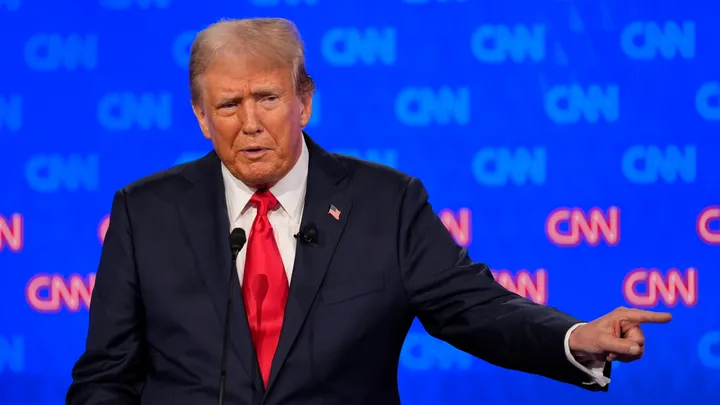The G20 has closed talks in Washington without issuing a joint communique, as a growing US-Saudi feud created new tensions in a group already divided over Russia's attack on Ukraine.
Finance ministers and central bankers from the Group of 20 major economies met during the IMF and World Bank annual meetings that have focused on the conflict, soaring inflation and the climate crisis.
"We could do a communique that doesn't mention the war in Ukraine, but we don't want a communique that sweeps things under the rug," a source familiar with the discussions told the AFP news agency.
Indonesian Finance Minister Sri Mulyani Indrawati, whose country chairs the G20 this year said at a news conference, "All member countries underlined that it is very important to continue to preserve this G20 as the premier economic forum for cooperation."
She acknowledged that the group faces "many challenges" and "differences in view", with "escalating geopolitical conflicts, a war in Ukraine which exacerbated and worsened the economic situation."
German Finance Minister Christian Lindner said before the meeting that it was "better to have a forum to speak in than none."
READ MORE: No joint communique as Ukraine casts shadow on G20 finance talks
Saudi-US rift
Washington and Riyadh have locked horns over a decision by the OPEC+ group of oil exporters, led by Saudi Arabia and Russia, to sharply cut production — a move that could send energy prices soaring higher.
The source close to the G20 discussions said Western nations explained at the meeting that they were "disappointed" and that the cuts went against Saudi interests "because the risk for them is that they cause a recession."
President Joe Biden has threatened "consequences" for Saudi Arabia.
The OPEC+ cut comes as the Group of Seven wealth democracies is seeking to impose a price cap on Russia's crude exports, a move aimed at stripping the country of a major source of funding for its war machine.
While Western nations have imposed unprecedented sanctions on Russia, other countries have maintained economic ties with Moscow, with India and China stepping up their purchases of Russian oil.
Despite the lack of a joint communique, Indonesia's Indrawati said the G20 made progress on a number of issues, including sustainable finance and efforts to impose a global minimum tax on major corporations.
READ MORE: Biden warns of 'consequences' for Saudi Arabia over OPEC+ oil cuts
























